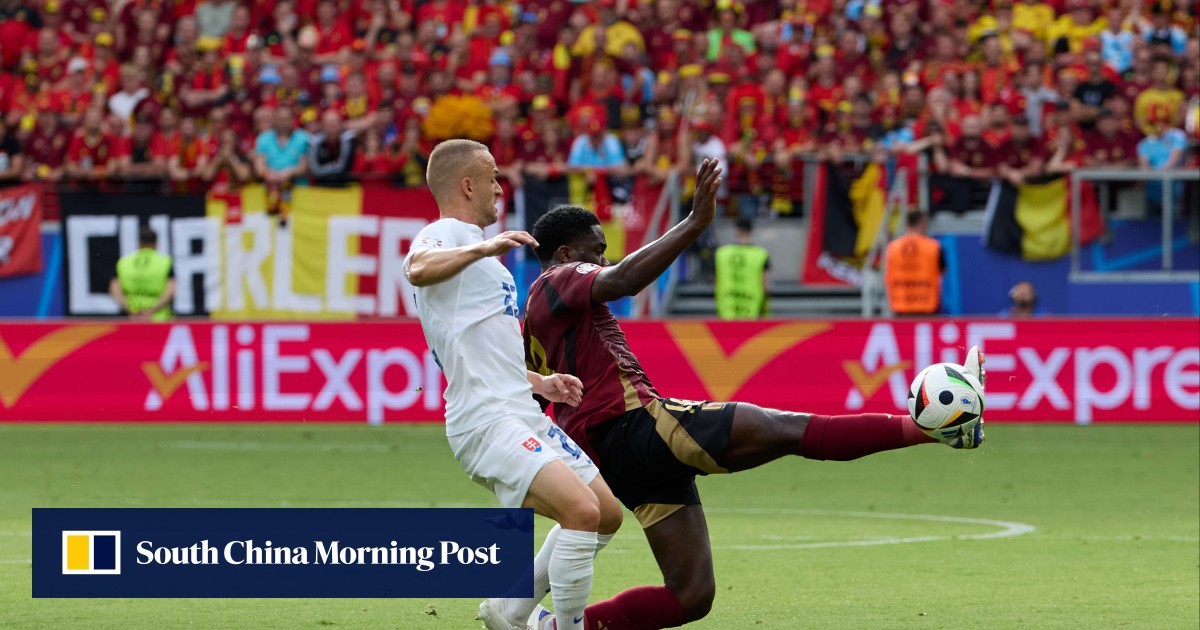Chinese technology brands from Alibaba Group Holding to BYD make up a third of Euro 2024 football tournament’s 13 worldwide sponsors, an example of their growing global footprint and commitment to expanding in overseas markets.
With many Chinese companies looking abroad amid slow domestic growth, investing heavily in publicity in major global sporting events has become a key strategy.
E-commerce giant PDD Holdings’ international shopping app Temu spent tens of millions of dollars on a marketing campaign during last year’s Super Bowl, the annual championship of the US National Football League, resulting in a spike in web searches for its name.
“They focus on future international expansion, using their foundation and capital strengths in China to boost overseas market presence and revenues, particularly in Europe,” said Howard Yu, professor at the International Institute for Management Development.
“What’s new and interesting here is that Chinese companies, for the first time, will need to engage the Western market and learn to localise, [changing] their image from being Chinese companies with an international presence to becoming companies that consumers will associate with strong local relevance.”
Chinese brands are doing more than just advertising on the football pitch.
Hisense is providing technical support for the video assistant referee system used in matches, while BYD has replaced host Germany’s home-grown car giant Volkswagen as the event’s official vehicle supplier.
The European Championship is expected to draw a cumulative global audience of more than 5 billion, according to the marketing director of the Union of European Football Associations. Other global sponsors of the event include Adidas, Booking.com, Coca-Cola and Qatar Airways.
Some of the Chinese brands making an appearance at Euro 2024 already have a sizeable global presence.
Hisense shipped 25.9 million television units worldwide last year, second only to South Korea’s Samsung Electronics, according to market research institute AVC Revo. Vivo controlled 8 per cent of the global smartphone market as of March, ranking it among the top five, according to data provider Statista.

